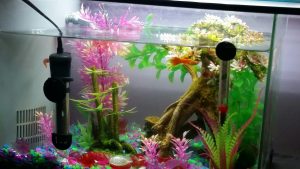 As regular readers of the blog know, we got a small fish tank over Christmas. Fish were supposed to be easy pets. How hard could they be? Throw some water in a tank, plop in some fish, feed them, they’re good. Very few things in life are as easy as they appear. If we had done a little more research, we would have been more prepared for what happened next.
As regular readers of the blog know, we got a small fish tank over Christmas. Fish were supposed to be easy pets. How hard could they be? Throw some water in a tank, plop in some fish, feed them, they’re good. Very few things in life are as easy as they appear. If we had done a little more research, we would have been more prepared for what happened next.
We’ve had a total of 5 fish, but are down to 3. We lost one (quite literally lost him) the first night, while the second leaped from the tank about a week later and never recovered. How they got out of the tank through a skinny opening in the dead of night we don’t know. But we have fixed this issue with a new cover. A little research may have saved their lives, but who knows?
What more research WOULD have prepared us for is the difficulty of maintaining the proper chemical balance in our tank. We let the water sit and percolate for a week before adding the first 2 fish. Turns out we should have let it “cycle” for at least a month, maybe more, before adding the fish. Now we are trying to control the ammonia and nitrite cycle while fish are in the tank, which is very stressful, because a spike in either ammonia or nitrite can kill the fish in a mass extinction event (we very nearly had one a week ago).
So here we are with fish and struggling to keep them alive through this natural aquarium cycling process, when a little more research would have saved us the headache. And the same can happen when writing. A little research in the beginning can keep your manuscript from going off the rails.
Some people do extensive research before writing. Some research as they go along. I am in the middle. I do broad-stroke research before I write, and fill in the details as I need them. But by doing basic research first, I know the broad restrictions I need to work within. This saves me from writing the whole book, then finding out I had a fundamental flaw which now requires me to rewrite an entire plotline. So a little research can save a lot of angst later on.
The other thing about the aquarium is that the ammonia and nitrite need to be kept at 0 ppm, or you end up with stressed and perhaps dead fish. Bacteria are supposed to eat the ammonia and the nitrite, keeping the whole thing in balance. But little things can throw the cycle off and suddenly your water is testing in the danger zone.
The writing life is like that, too—a delicate balance. Writers juggle writing and daily life, often including family and a day job. It’s not easy to keep the water balanced right. One little thing can send one part of your life spiraling into the danger zone. All we can do is keep testing the water and try to head off any problems we see. One way to do that in an aquarium is partial water changes. We can do that in life, too. If one issue is causing undue stress, can we change it up, change it out? Sometimes a small change can make a huge difference.
Research will save you headaches. Balance will save you heartaches. And fish…well, fish are cool when they’re not jumping out of the tank in the dead of night.
When do you research your manuscript? How do you maintain a healthy balance in your life?

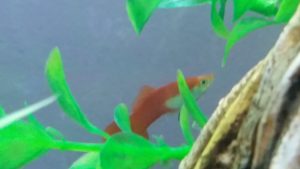
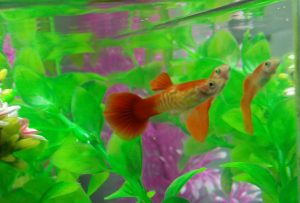
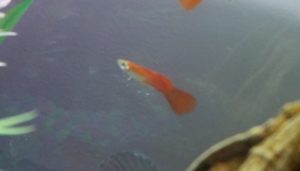
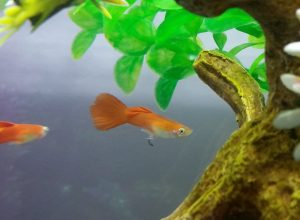
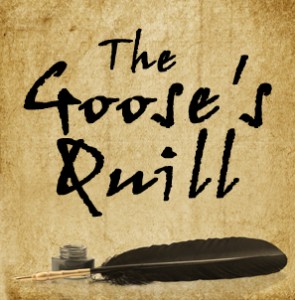
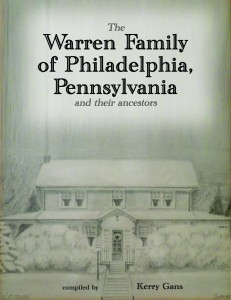
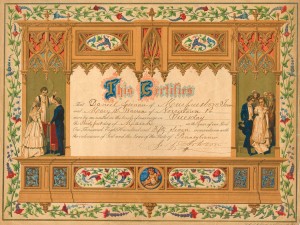
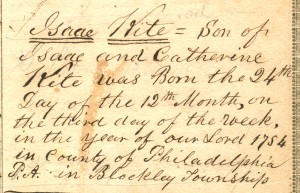

Top 5 Reasons to Cultivate a Writing Community
This week, while preparing the Author Chronicles’ Top Picks Thursday, I read an article from an antisocial writer who really didn’t want to participate in the writing community. Many writers are introverts, so being hesitant about reaching out to others is understandable. I am a raging introvert myself, but when I think about the writing community I am part of, I cannot imagine pursuing this career alone. Here are 5 reasons why:
Craft – Your community can help you hone your craft before you spend money on editors. From critique partners to beta readers, they will give you honest feedback and handy tips to bring your craft to the next level.
Companionship – If you are like me, it takes a lot to drag you out of your house. Offer me a Writers’ Coffeehouse, a Philadelphia Writers’ Conference, a workshop, or a critique group, and I’m there. Plus, writers are good at being alone together. It is not uncommon in my area to find a group of writers sitting together at a Wegman’s or Starbucks, completely silent except for the furious clicking of their keyboards.
Camaraderie – This is different than Companionship, in that it references the deeper emotional support we get from our writing community. Who but other writers understand the frustration of not finding the exactly right word, or the pain of being rejected for the 100th time, or the elation of placing your first story in even a little-known publication? The emotional lift we get from other writers revs us up and sends us back to our writer’s grottoes ready to face the next challenge.
Collaboration – Usually we think of this in the creative sense, where two or more writers work together on a project. A writing community certainly fosters this, because how else can you meet people to collaborate with? But there are other types of collaboration, such as helping you negotiate a publishing issue or brainstorm a marketing strategy. Two heads are very often better than one.
Connection – Our writing communities are an invaluable resource for networking. We can find editors, agents, publishers, experts, beta readers, critique partners, marketing opportunities and collaborators through our community. The community can help spread the word when we have a new book out. Our community keeps us abreast of the latest news in publishing, the latest scams to beware, and the latest accomplishments of our friends.
I am forever thankful for the people in my writing community: the Writers’ Coffeehouse, the Philadelphia Writers’ Conference, workshop-mates, and of course my critique partners. There are so many people who have cheered me on, cheered me up, and made this journey so much more enjoyable.
Walk this path alone? Inconceivable.